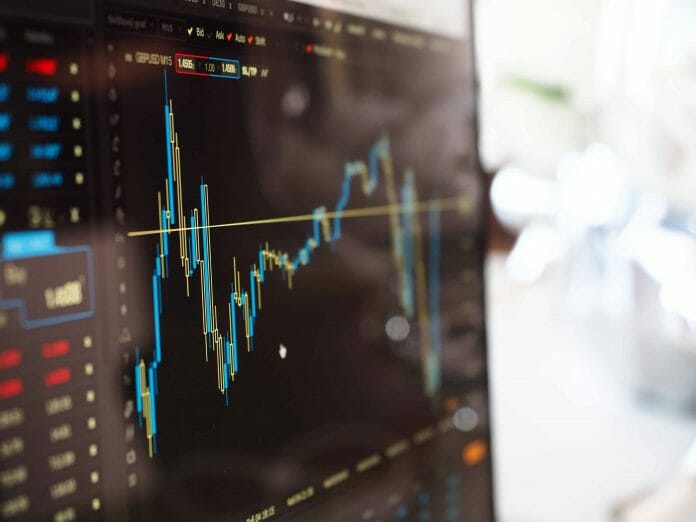By Peter Lundgreen
If I look at the global financial markets from a helicopter’s perspective, I consider that, by far, the biggest concern is the reason for large fire sales in the stock market – perhaps even triggering a “crash”.
Experience suggests that the larger a bubble is, the less it takes to make the bubble explode. In extreme cases, it is just a small spark somewhere in the financial market that eventually causes the explosion. In the current assessment of the stock market, there is a daily discussion of whether the bubble is there, how big it is, etc., which is a completely understandable concern.
In equity investors’ search for risks that could send the stock market in the feared deep dive, it is rare that the foreign exchange market is at the top of the list of risks. From the beginning of the year, the direction of the dollar has been more debated on than any other, and I believe that investors in the stock market should pay more attention to the dollar than usual.
When a new US government takes office, there is typically tension over the real dollar policy that the new government plans to pursue. As a starting point, it is always stated from the US Treasury Department that the government supports a strong dollar policy. It happens that this view is strongly graded by the US Treasury Secretary or even the US President. The election of President Trump back in 2016 was a good example. It surprised investors that Trump won the office and there was no doubt
that the president preferred a weaker dollar. Therefore, the dollar fell until his inauguration and the appointment of the then government.
But Trump appointed Wall Street veteran Steven Mnuchin as Treasury Secretary, and this veteran was trusted by investors. Mnuchin was a keen supporter of a strong dollar policy, and formally, it is the US Treasury Secretary who determines the country’s exchange rate policy. Now, Donald Trump is not the person where formalities weigh heaviest, but Mnuchin managed to win this internal battle. Thus, the United States got a stronger dollar policy than what then President Trump wanted. In addition, Trump succeeded in creating strong economic growth, and the result was a rising dollar throughout much of his tenure.
The strong dollar is generally an environment that investors value, as it represents stability. Most investors will survive a declining dollar, but if there are bubbles in the financial markets, then a weaker dollar suddenly becomes a negative factor, also in the stock market. If the global stock market is in a big bubble, then a sudden dip in the dollar exchange rate could be the factor that could trigger the dreaded 25 pct. drop on Wall Street.
If one turns back the clock to just six months ago, there was a strong speculation in the financial market that the new US government would like to see the greenback weaken. At that time, it would not have been surprising if the new Treasury Secretary Yellen signalled the desire for a softer dollar.
During this year, I have argued that market forces would keep the dollar exchange rate fairly in place or unchanged. Long-term US interest rates have risen since then, with the European Central Bank continuing to squeeze down the entire European yield curve. Moreover, US economic growth is stronger than in Europe, thus the fundamental story is also better in the US. I attach great importance to these two forces when I assesses the expected development between the Euro and the US Dollar.
Over the last three to four months, I have been arguing that the forces in favour of the dollar have become even clearer. One of many examples is the US labour market, where I admit that due to additional benefits, is not entirely historically comparable, until this coming September. But the US unemployment is already down to a level where the economy is showing strength again.
Finally, the question is whether Treasury Secretary Yellen could even dream of mentioning a weaker dollar now? This would surprise me a lot because the biggest threat in the financial markets now is currently the high inflation rate in the United States. A weaker dollar will add fuel to this fire; therefore, I could imagine that the US government suddenly sees the benefit of a strong dollar, which is good news for the stock markets.









